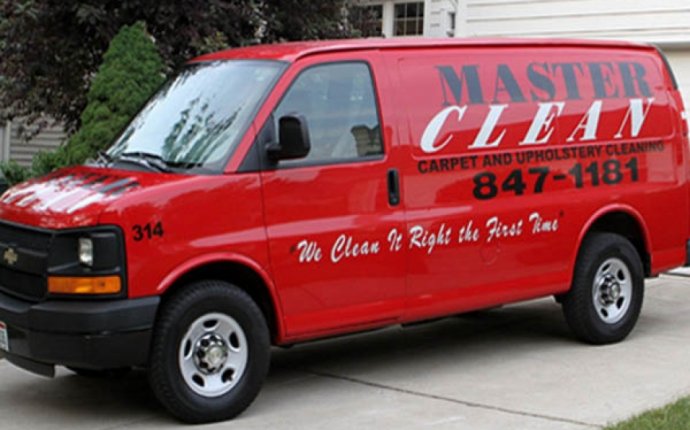
Carpet Cleaning business plan PDF
In Start Your Own Cleaning Service, the staff at Entrepreneur Press and writer Jacquelyn Lynn explain how you can launch a profitable cleaning service, whether you want to offer maid services, janitorial services, carpet and upholstery cleaning, and more. In this edited excerpt, the authors offer words of wisdom from owners of successful cleaning businesses on what you need to do if you want to succeed in the cleaning industry.
Nothing teaches as well as the voice of experience. So we asked established cleaning service owners to tell us what's contributed to their success and what they think causes some companies to fail. Here are their tips:
1. Never stop learning. The cleaning industry may not be the most glamorous or complex, but established business owners say there’s always something to learn. Technology advances affect the equipment you use, safety issues affect the chemicals you clean with, and there will always be ways you can enhance your organizational and managerial skills. Read industry publications, go to meetings and conventions, participate in trade organizations, and encourage your suppliers to keep you up to date.
2. Tap all your resources. A wide range of associations serves various aspects of the professional cleaning industry. These groups can help with operational, marketing and management issues. Many state and government agencies also offer support and information for small businesses.
3. Clean it like it’s your own. Regardless of what you’re cleaning and whether you’re doing traditional housecleaning, janitorial work, or providing a specialty cleaning service, clean like you’re cleaning your own home or office.
4. Develop systems. Systems provide a structure that allows you to work consistently and efficiently, and also let you create a company that will continue to run whether you’re there or not. Create systems for every function: cleaning, laundry, supervision, reporting, customer service, accounting and management.
5. Be careful! Though time is your most valuable commodity, don’t rush so much that you get careless. Customers will usually understand when accidents happen, but you’re better off if you don’t have to fall back on that. Also, the cost to repair or replace something-in out-of-pocket cash, time lost and damaged customer relations-is usually far more than the time you might save by working carelessly.









